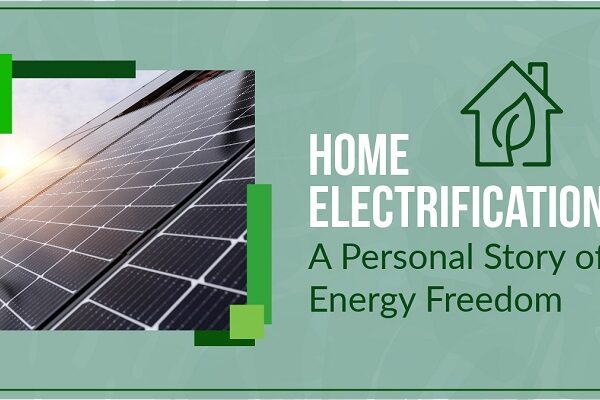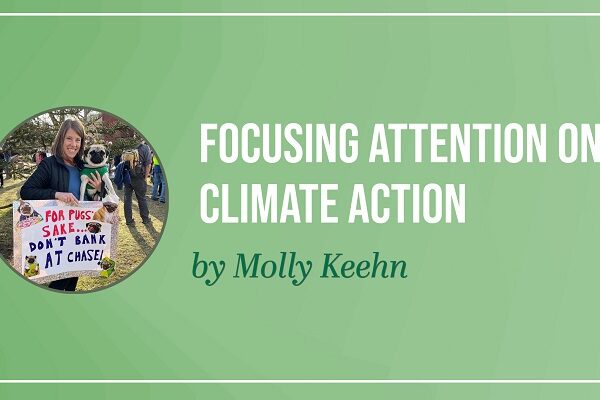By Tina Devon Gallier, guest writer
Being on the Legislative Team of 350 Sacramento is a rare opportunity to be in the thick of things at what could be a pivotal moment in history. There was an exhilarating sense of possibility at two Assembly hearings in mid-July, from seeing the sheer number of supporters that showed up in support of SB 100, a bill that would convert California’s electrical grid to 100 percent renewable energy by 2045.
This is all the more critical since Trump’s withdrawal from the Paris Climate Agreement. California, the world’s sixth-largest economy, could provide other states and the rest of the world with a model of a fossil-free future. And in its cutting-edge creativity that produced Silicon Valley and Hollywood, California has always been about pushing the envelope.
To underscore that point, the actual wording of the bill, “zero carbon,” means that hydroelectric power is included, as is any clean energy technologies that don’t yet exist but may be developed in the future. At the hearing of the Assembly Utilities and Energy Committee on July 12, Kevin de León (D-Los Angeles), Senate President Pro Tempore and the bill’s author, testified that this state has ten times more jobs in clean energy than there are coal jobs in the entire nation. Perhaps this is an unstated reference to the Trump Administration’s promise to bring back coal.
As he spoke, and throughout the proceedings, people marched in and out of the room, constantly opening the door to the ruckus out in the hall. After Senator de León’s testimony, representatives from the building trades, the renewable energy industry, and the Union of Concerned Scientists (UCS) addressed the committee. Laura Wisland, an energy analyst with UCS, said we must eliminate natural gas in order to meet the zero carbon goal. This position puts her group in direct conflict with PG&E, which supports the use of natural gas. Then the microphone was opened to supporters from the general public, that pack out in the hall, who had come from all over California. Their words were limited, in the interests of time, to their names, organization, and “Here in support.”
And then they lined up to speak, their numbers overwhelming those of the bill’s opponents. Representing 350 Sacramento, I joined people from 350 Sonoma County, Silicon Valley, and San Diego, 350 Bay Area representing 12,000 members, teenage boys, a woman from Iraq, the Nature Conservancy, Audubon California, a middle school student, the Teamsters, the American Lung Association, Sierra Club California, a group of Oakland youth, and grandfathers in support of their grandchildren, just to name some. I was awed by the sense of being present at the making of history, and the feeling that creative revolution was again possible.
Those opposed to the bill or opposed to it in its current form – such as PG&E, Southern California Edison (SCE), and the California Chamber of Commerce – were few in number but outsized in power and influence. PG&E and SCE had legitimate concerns about cost, reliability, and the practicality of implementing such an ambitious bill. The representative from SCE in particular said the company supports a low carbon and clean energy future, but the bill was stronger on “when” than on “how.” “Environmentalists don’t understand how all of this actually works,” he said.
Then there were warring realities between Senator de León and Jim Patterson (R-Fresno), the vice-chair of the committee. Mr. Patterson ranted, at considerable length, that electricity in California is ruinously expensive, SB 100 could raise rates, and his constituents either had to leave the state or choose between paying rent or utilities, all of which, Senator de Leon countered, were patently untrue.
In spite of the opposition, the bill passed the committee 10–4 and unanimously passed the Natural Resources Committee hearing the next day, where there was a similar outnumbering of supporters to opponents. At that hearing, a representative for PG&E confirmed the company’s support for natural gas, and so exposed an area where SB 100 may run into problems.
Record-breaking temperatures and the state’s recent emergence from one of its worst droughts in history are a reminder that in spite of any potential difficulties, California must get to that zero-carbon goal somehow.
And so the hearings underscored the reality of politics in the age of Trump and Citizens United – massive and sustained citizen engagement with legislators is not only essential, it is a matter of survival. The stampede of protesters at Congressional offices and town hall meetings— even to the point of being arrested – was successful in stopping the repeal of the Affordable Care Act. And votes, in large numbers, are the only way the power of money can be canceled out.
It is time to push the envelope again, this time in a moral revolution. California has changed the whole world, hasn’t it? For the sake of the biosphere and future generations, it must do so again.


